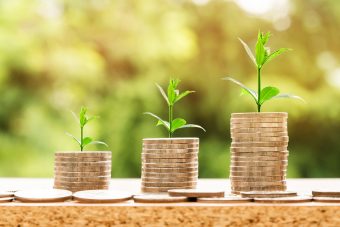
Why is Greenpeace, an environmental organisation, talking about taxing the super rich? International Director Jennifer Morgan weighs in on global calls for governments to fight inequality and hold the world’s wealthiest accountable.
2021 witnessed worsening heat waves, floods, droughts, sea level rise, food shortages, conflict and more, all attributed to climate change. It is hitting everyone – things developing countries have been dealing with for years are now also hitting at intensity everywhere, perhaps bringing the reality of “now” to people and governments in developed countries as never before. This is where we are right now and it is not good. That is an understatement. It is – as the UN calls it: a code red for humanity.
2022 marks 50 years since The Limits to Growth was published. The book by a team of MIT researchers explained how the earth’s interlocking resources – the global system of nature in which we all live – probably cannot support present rates of economic and population growth much beyond the year 2100.
More:
By no significant measure can we say that human society is more sustainable today than it was 50 years ago. Today, we have less wilderness, more plastic in the oceans, and more toxins in our soils. Deforestation averaged 10 million hectares per year between 2015 and 2020. This is equal to about 1 soccer pitch every 2 seconds. Environmental awareness has soared, for sure, but effective ecological action, or relevant social change, has faltered repeatedly while we witness spiralling inequality.
Why is Greenpeace, an environmental organisation, talking about taxing the rich? All of us in the Fight Inequality Alliance work on different topics that are essential to our collective well-being — climate, debt, gender equality, racial equality, to name just a few.
But in the end our fights are similar because the source of the problem is the same. Corporate rule at the expense of our collective well-being and planetary health.
Read the whole article HERE.
Source: Greenpeace

